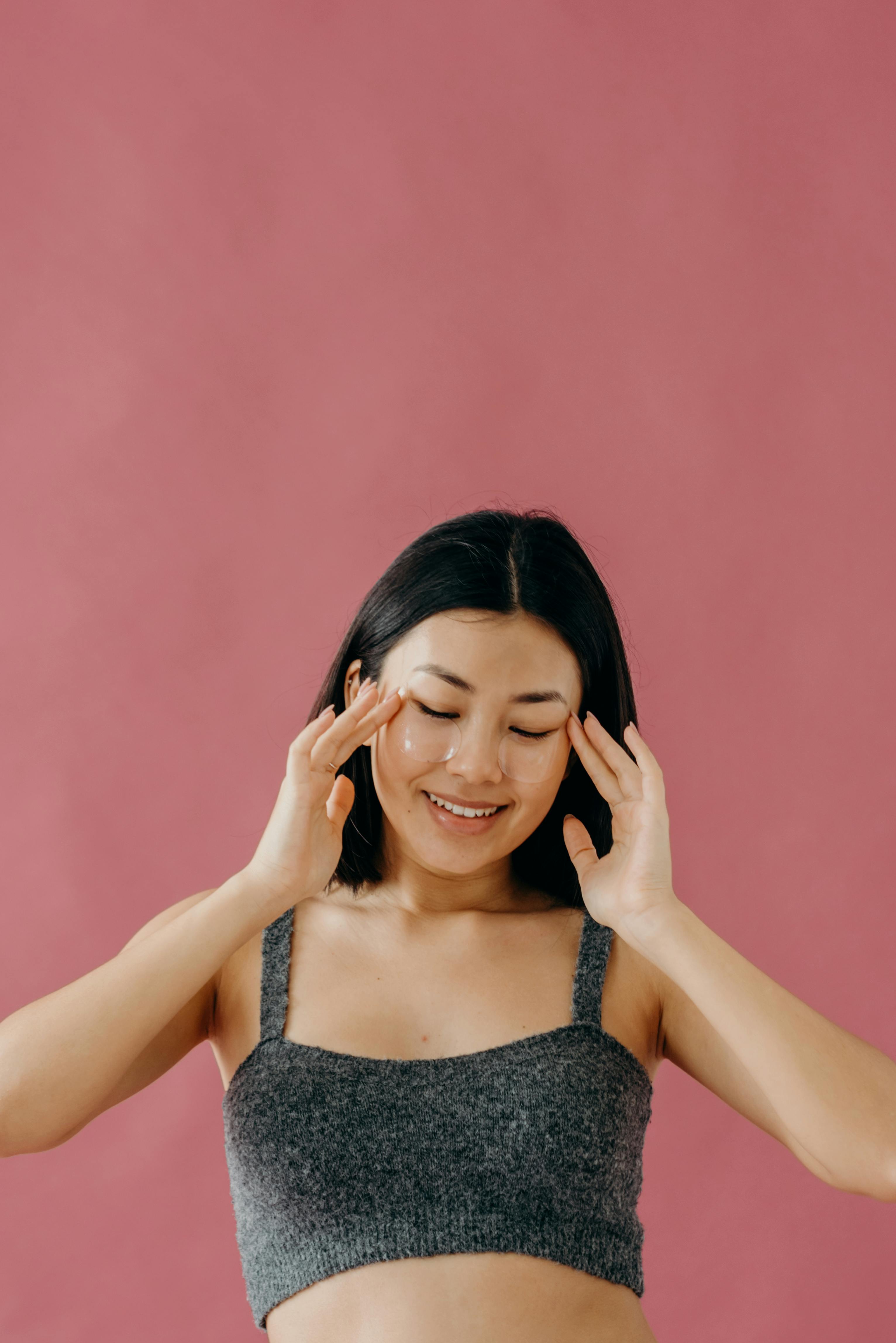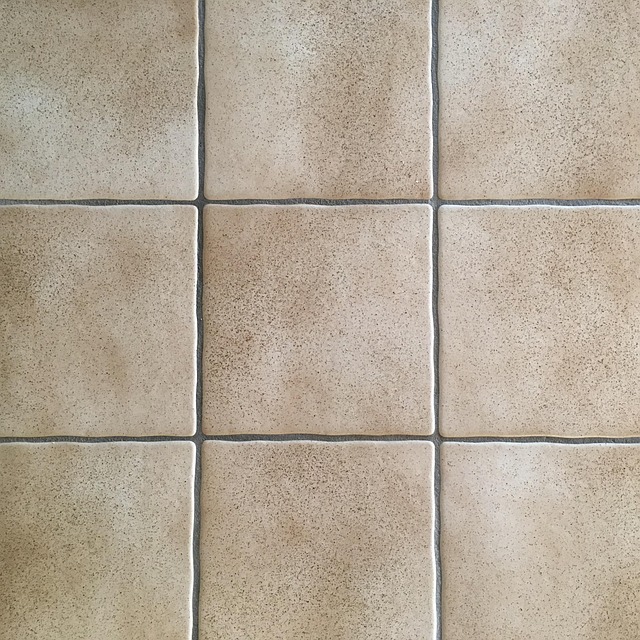Practical Self Care: Daily Routines for Wellness and Grooming
Self-care is a set of intentional practices that help maintain physical, emotional, and mental balance. It can include small daily habits—like sleep and hydration—as well as occasional treatments such as grooming and beauty appointments. When approached with awareness, self-care supports resilience, reduces stress, and helps you feel more present in everyday life.

This article is for informational purposes only and should not be considered medical advice. Please consult a qualified healthcare professional for personalized guidance and treatment.
How does self-care support overall wellness?
Self-care and wellness are closely linked because routine behaviors shape long-term health. Basic practices—consistent sleep, balanced meals, movement, and time for relaxation—support energy, mood regulation, and immune function. Emotional self-care, like setting boundaries and checking in with a therapist or trusted friend, helps process stressors before they escalate. Structuring small, achievable habits makes self-care sustainable: five minutes of morning breathing, a short walk after lunch, and a weekly digital detox can cumulatively improve wellness. Tracking simple metrics such as sleep quality or mood can also highlight what’s working and what needs adjustment.
What role does grooming play in daily routines?
Grooming routines—daily hygiene, hair care, nail maintenance—serve practical and psychological functions. Practically, grooming supports health by preventing skin infections and maintaining oral hygiene. Psychologically, the act of caring for appearance can improve confidence and signal self-respect, which affects how we engage with others and handle stress. A grooming routine doesn’t need to be time-consuming: concise steps like a consistent skincare routine, regular hair trims, or quick shaving sessions help maintain a neat appearance and a sense of control. Tailor frequency and methods to your lifestyle, skin type, and personal preferences.
How can waxing fit into self-care practices?
Waxing is a grooming option some people choose for hair removal because it offers longer-lasting smoothness than shaving. Including waxing in a self-care plan can be about convenience, comfort, or simply personal preference for how one wants to present themselves. To integrate waxing safely, schedule appointments with trained technicians or learn proper at-home techniques using reputable products. Prepare skin with gentle exfoliation and avoid harsh treatments immediately before or after waxing. If you have skin conditions, consult a dermatologist prior to waxing to minimize irritation. Thoughtful timing—allowing skin to calm and recover—keeps waxing a restorative rather than stressful part of self-care.
How does beauty intersect with mental wellbeing?
Beauty practices—makeup, skincare, styling—often contribute to identity expression and mood management. Engaging in these activities can be meditative and provide routine, creativity, or a confidence boost. However, balance matters: external beauty routines should complement internal wellbeing rather than compensate for chronic stress or low self-esteem. Mindful beauty habits emphasize nourishment (hydrating skincare, sun protection) and realistic expectations. Framing beauty as one aspect of a broader self-care strategy helps maintain perspective: it can enhance wellbeing when paired with sleep, nutrition, movement, and emotional support.
Finding local services for grooming and beauty
When choosing services in your area, prioritize safety, cleanliness, and clear communication. Look for licensed practitioners, read recent reviews, and ask about sanitation procedures, patch tests for waxing, and product ingredients if you have sensitivities. Many salons and spas list services and policies online, allowing you to compare offerings like waxing, facials, and grooming packages. For more medical concerns—like persistent skin issues—seek dermatologists or medically supervised aesthetics providers. Scheduling a consultation before committing to a service can help set expectations and tailor treatments to your needs without unnecessary risk.
Conclusion
Self-care is flexible and personal: it combines everyday health habits, intentional grooming, and occasional beauty treatments to support wellness. Building small, consistent routines—whether focused on sleep, movement, or a preferred grooming schedule like waxing—creates cumulative benefits for physical and mental health. Assess what energizes you, set realistic habits, and integrate professional services thoughtfully to sustain reliable self-care over time.






